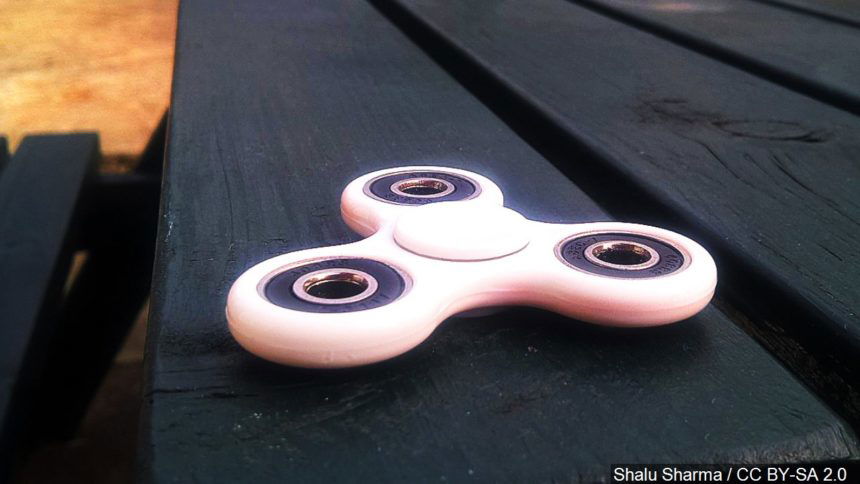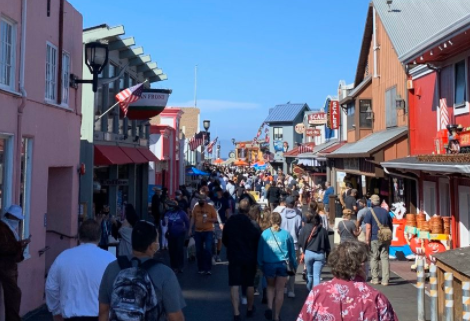UCSC researchers study effectiveness of fidget device
SANTA CRUZ, Calif. (KION) A new study is looking at how effective fidget spinners, fidget cubes and other devices really are.
UC Santa Cruz researchers and the UC Davis MIND Institute are looking into whether the devices really help increase focus and reduce anxiety in adults with ADHD, and they say it is particularly relevant as people adjust to working from home and anxiety surrounding the COVID-19 pandemic.
“People are expected to be paying attention to virtual meetings for hours, and anything you can do to help improve people’s attention, alertness and emotional regulation could be helpful,” said Julie Schweitzer, professor of psychiatry and behavioral sciences at the UC Davis MIND Institute and the project's lead investigator.
To study it, researchers are recruiting 110 adults with ADHD to perform attention and memory tasks. They will also be shown film clips intended to cause an emotional response. Researchers will look at their physical movements, such as fidgeting, and will give some of them a "smart" fidget ball designed at UC Santa Cruz.

The ball measures movements- such as squeezes, strokes or taps- using internal sensors, according to the team. The data will then be transmitted to a computer for analysis.
“The sensors measure not only when someone touches them, but how much pressure is used,” said co-investigator Katherine Isbister, a professor of computational media at UCSC’s Baskin School of Engineering whose team created the device.
The team will also look at changes in heart rate and physical affects by using an electrocardiogram device and video taping them.
UCSC said artificial intelligence will be used to analyze the results and predict which behaviors with the fidget ball are effective and could potentially be used as therapies.
“Our end goal is really audacious,” said Schweitzer. “Eventually, we’d like to mass produce fidget devices that interact with a smart watch that would give the individual cues to let them know it was time to tap or squeeze the ball to help modulate their attention or emotions.”
Schweitzer said her earlier research showed that fidgeting without a device helped children with ADHD. The goal of this project is to find out whether adding a device could be more helpful.


